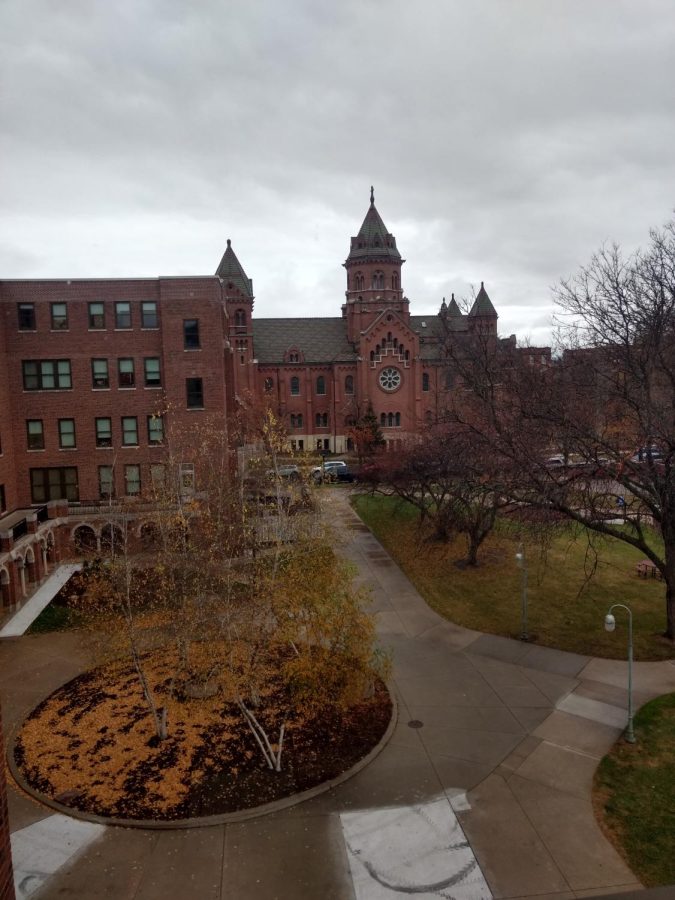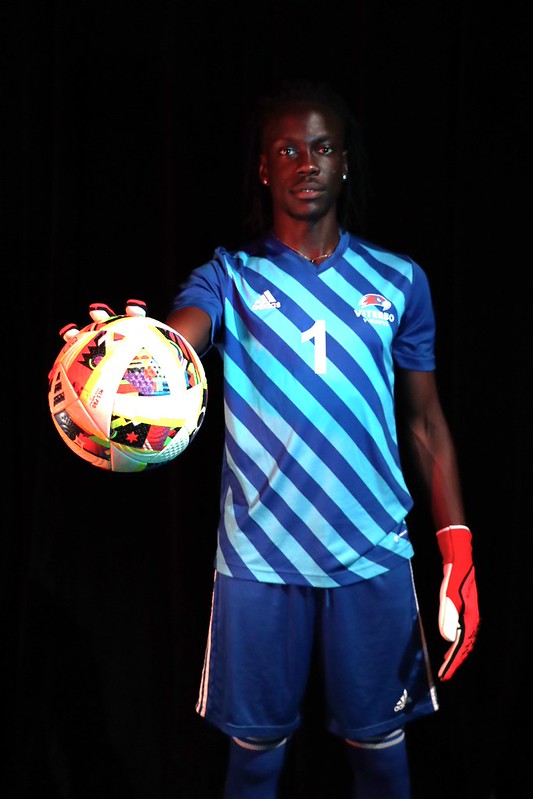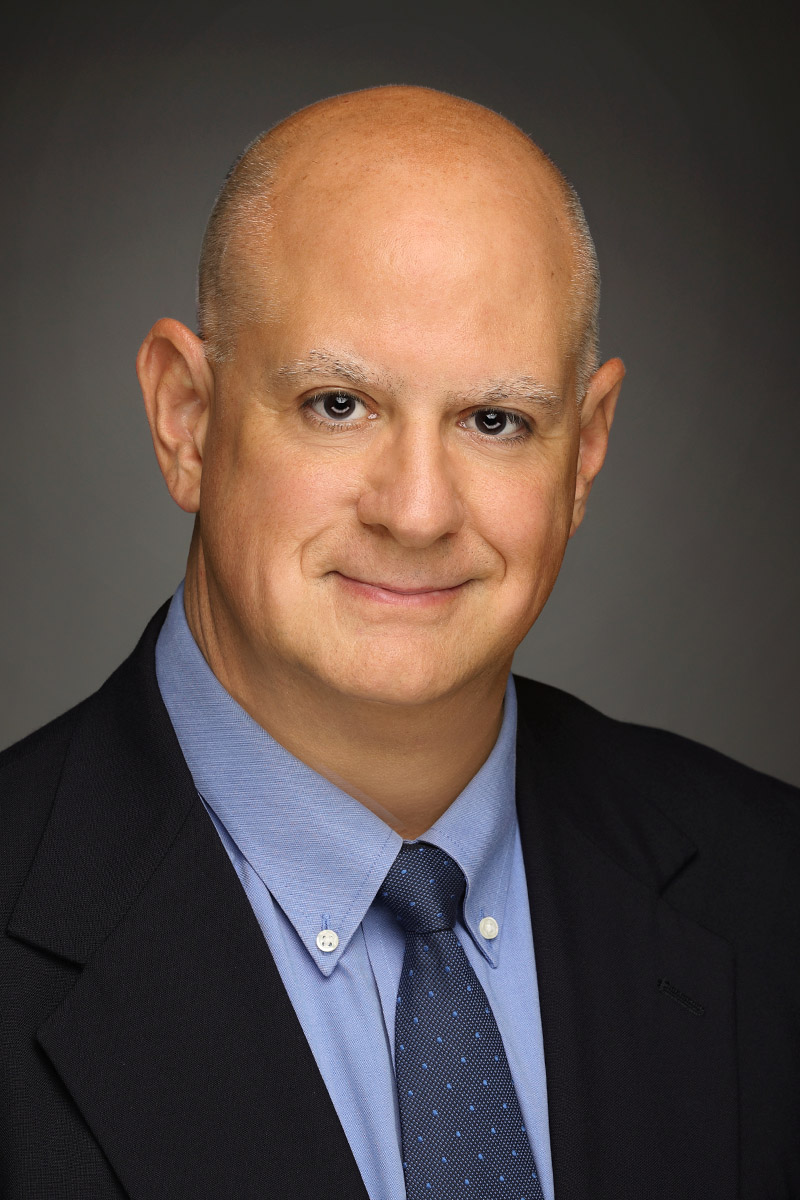Students share thoughts on burnout
March 23, 2023
Burnout, defined as “exhaustion of physical or emotional strength or motivation usually as a result of prolonged stress or frustration,” affects many people. At Viterbo, students can experience burnout from time to time, and the risk of it happening can increase during busy periods of life and the semester.
It is typical for colleges to include extended breaks during a school year’s semester. This gives students and faculty a chance to reenergize. Viterbo is no exception and has smaller breaks in both the spring and fall semesters. For some students, however, they are not able to use the time for their own activities. English-Education major, and member of the Viterbo men’s basketball team, Garret Locy says, “In college the courses are more intensive, and practices more demanding. As an athlete, there are times when others can go home and experience a full break while I have to stay for practice and sometimes games. So, we don’t always get to have a full rest.”
When classes are in session there are different challenges student-athletes face. One large challenge includes missing classes for away games. Viterbo does have a policy that excuses student-athletes from classes for situations like that. However, missing class is not ideal from a student perspective. “When I have to travel for an away game, I let the professor know I will be missing. Usually, they’ll tell me what is due next class or to check Moodle. If I have an assignment due the next day it gets done on the bus, which isn’t the greatest workspace,” says Locy.
Being a student athlete in any sport demands students dedicate time to practice and school. Locy says, “Because I’m a junior I’ve had a few years to experience what it is like balancing sports and school at the college level. When the season picks up speed, usually my classes do too. It is hard some days being at practice for hours, getting home exhausted, and then having to find energy to do homework. It gets draining.”
Burnout is not exclusive to student-athletes, however. Many times, college courses alone are taxing without having the addition of a sport. Kadin Ahler, a sophomore accounting major at Viterbo, has experienced burnout. Ahler says, “Burnout is very prevalent during the school year and usually in the second semester. Especially when there is a shorter break between the fall and spring semester of college compared to summer break.”
The shorter break can feel like not long enough for some students to decompress. Typically, in the spring semester for Ahler, “Classes also tend to get progressively harder.” For other majors on campus this can also be typical. More schoolwork mixed with not having a longer break to recharge can increase the risk of burnout for some students.
Regarding burnout, Alher says that “Some ways I handle suffering from burnout is just simply taking care of myself, thinking slower about things, and remembering it will always be all right. Cramming a lot of homework into a little bit of time can cause this easily. I try to tackle my homework assignments one at a time. Also having leisure time allows me to calm myself and give myself a greater sense of focus and control.”
Burnout affects many students at Viterbo, especially during the second semester. Having a shorter break between fall and spring can make it easy to burn out in the spring. Creating time to decompress and take things one step at a time can help lessen these risks.



